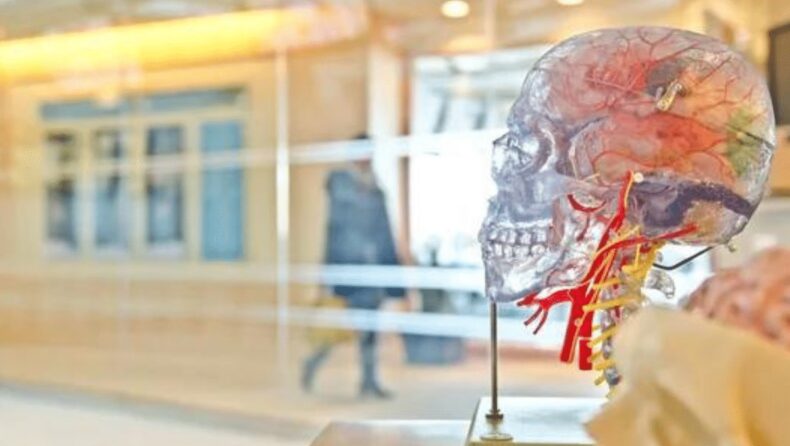A recent study by Eastern Finland has revealed that people with past brain injuries have a high risk of frontotemporal disorders (FTDs).

As reported by ANI, The University of Eastern Finland has finally answered the most anticipated question: FTDs can grope up patients with past brain injuries.
One of the most prevalent types of dementia in persons in their working years is frontotemporal dementia (FTD). Depending on the subtype, FTD spectrum illnesses significantly impact behaviour, verbal abilities, and cognitive processes. Numerous genetic alterations have been linked to these ailments, but less is known about their non-genetic risk factors, which may be modifiable and hence preventive.
The study also claims that not only patients who have suffered past brain injuries are at a higher risk of getting FTDs but also in those patients who do not carry the casual genetic mutation.
Additionally, patients who had sustained a head injury appeared to experience FTD earlier on average than other patients. The researchers made comparisons between Finnish FTD patients, Alzheimer’s patients, and healthy controls. Journal of Alzheimer’s Disease published a report on the findings.
Helmi Soppela, a doctoral researcher at the University of Eastern Finland said that “The findings of this study imply that neurodegenerative processes in FTD may be triggered by traumatic brain injury. However, additional research is still required to elucidate the specific underlying mechanisms “
As per this research authors also says that patients with frontotemporal dementia had, on average, less education than patients with past Alzheimer’s disease. In addition, compared to FTD patients with a mutation, FTD patients without the mutation had lower levels of education and a higher prevalence of the cardiac disease.
All of the most prevalent FTD subtypes were represented in the substantial data collected from more than 1,000 patients, including patients from Finland and Italy.
The study comprised a control group that had no diagnosis of any neurodegenerative disease in addition to individuals with FTD and patients with past Alzheimer’s disease.

The study proves that the patients with various FTD subtypes as well as those who have genetic and non-genetic diseases appear to differ in terms of several risk variables.
In a second research, it is revealed that persons without a genetic mutation that causes FTD may be at higher risk of developing FTD if they had experienced past traumatic brain damage. Additionally, patients who had sustained a head injury appeared to experience FTD earlier on average than other patients.
The researchers made comparisons between Finnish FTD patients, Alzheimer’s patients, and healthy controls. Journal of Alzheimer’s Disease published a report on the findings.
Helmi Soppela, argues that these findings “provide a better understanding of the disease causes and, potentially, an opportunity to prevent frontotemporal dementia in the future.”
The research team led by Adjunct Professor Eino Solje, who is also a member of the FinFTD consortium, carried out the investigation. The University of Oulu and the University of Brescia collaborated on the project.
The Academy of Finland, the Sigrid Juselius Foundation, the Finnish Brain Foundation, the Orion Research Foundation, the Instrumentarium Science Foundation, the Finnish Medical Foundation, and the Maire Taponen Foundation all provided funding for the project.
Difference between past Alzheimer and FTD
A variety of behavioural abnormalities are shared by both FTD and Alzheimer’s. In contrast to Alzheimer, they may appear in FTD when cognition is still mostly intact. This enables them to observe without being distracted by the cognitive impairment’s “noisy” effects. In FTD, it is easier to identify the neurological correlates of noncognitive symptoms, which refer to certain cortical subcortical networks in the prefrontal lobes.
As a result, “frontal” behavioural disorders could be seen as “system” pathologies and could provide additional data to that obtained from people with focal lesions. Due to these factors, research on FTD can help define the neurological underpinnings of human behaviour and serve as a model for research on behavioural abnormalities in other types of dementia.
Patients with Alzheimer’s disease and dementia experience memory loss or personality changes in a variety of ways because different portions of their brains are damaged.













